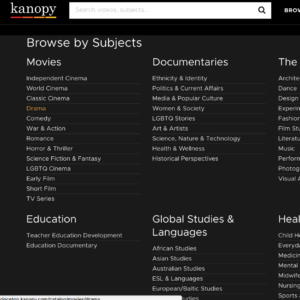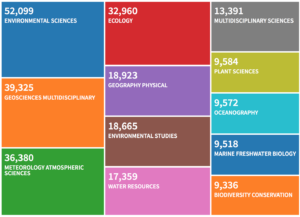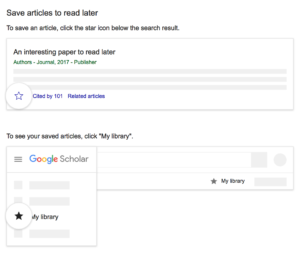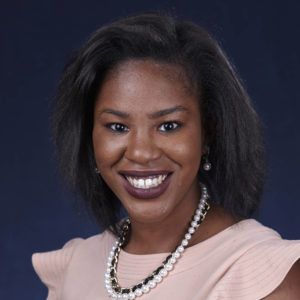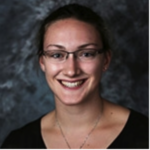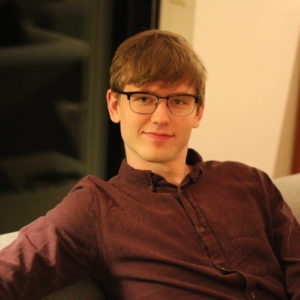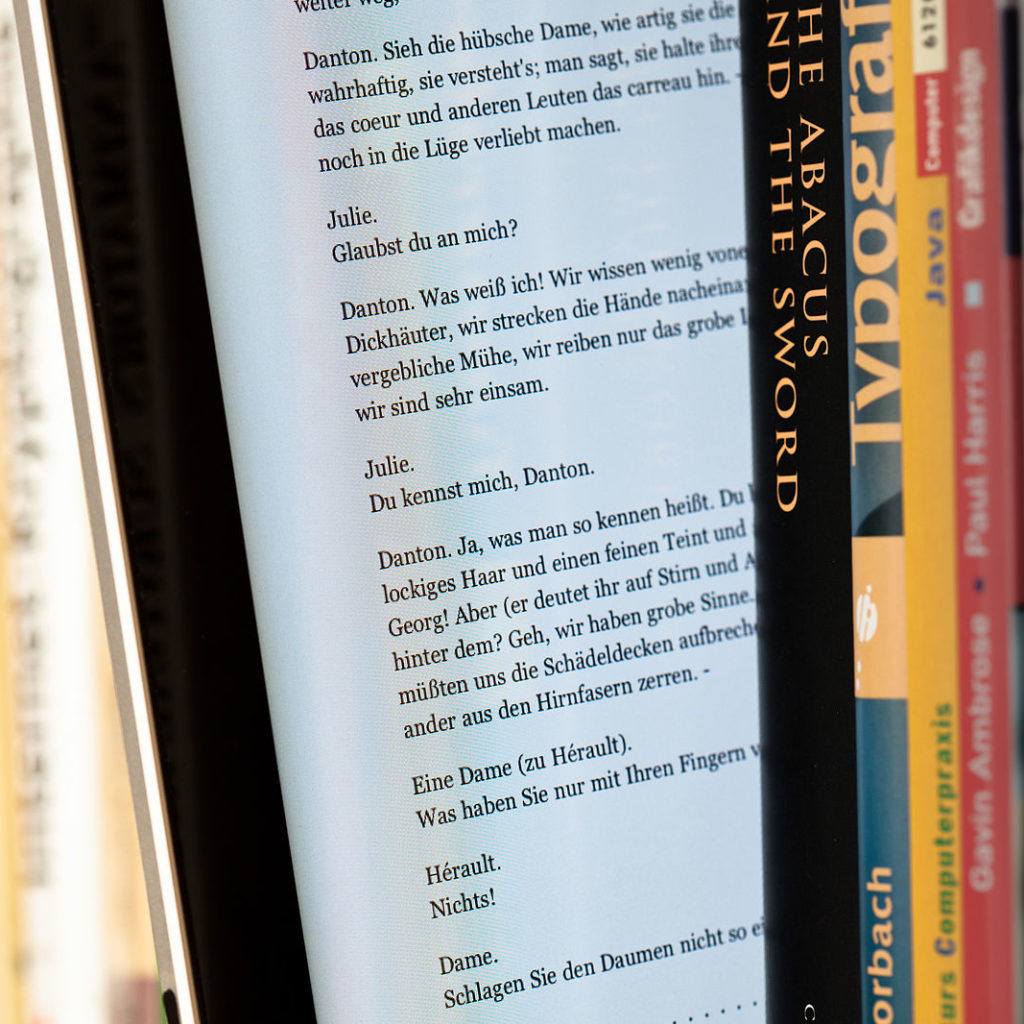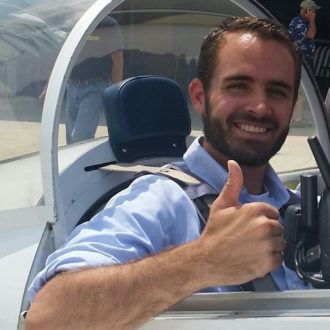This semester, in our spring series, PCURs will interview a graduate student from their home department who either is currently a graduate student at Princeton, or attended Princeton as an undergraduate. In Graduate Student Reflections: Life in Academia, interviews with graduate students shed light on the variety of paths one can take to get to graduate school and beyond, and the many insights gained along the way from research projects and mentors. Here, Emma shares her interview.
~~~~~
As part of our Spring Seasonal Series, Graduate Student Reflections: Life in Academia, I interviewed two students in the SINSI Graduate Program, Alex Wheatley ‘16 *20 and Nathan Eckstein ‘16 *20. The Scholars in the Nation’s Service Initiative (SINSI) is a scholarship program designed to prepare students to pursue careers in the U.S. government. Students in the program spend two years pursuing an MPA in the Woodrow Wilson School and two years in a SINSI fellowship with an executive branch department or agency (often, but not always, between the first and second years of the MPA program). In my last post, the first section of this two-part interview, Alex and Nathan discussed their experiences as SINSI scholars in the MPA program. Below, they reflect on their experiences with research and public service work in the fellowship component of SINSI.
Emma: What role has research played in the fellowship component of the SINSI program?
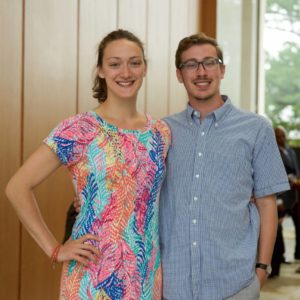
Alex: I’ve rotated through two positions thus far, the first at the Division of Viral Diseases at the Center for Disease Control (CDC) in Atlanta. Almost all the work I’ve done has been fairly traditional research. At the CDC, I built on the knowledge I gained from my thesis to help analyze and write up a review of the spatiotemporal dynamics of the same virus (respiratory syncytial virus) in the US over the last three years. The policy question we debated in that research was actually how to define “RSV season”; changing testing practices had affected the timing of the season, and we had to weigh various policy-related factors as we updated that definition of season. I also helped with an economic analysis of RSV burden in the US. Continue reading Graduate Student Reflections: An Interview with Alex Wheatley ’16 *20 and Nathan Eckstein ’16 *20 Part 2


